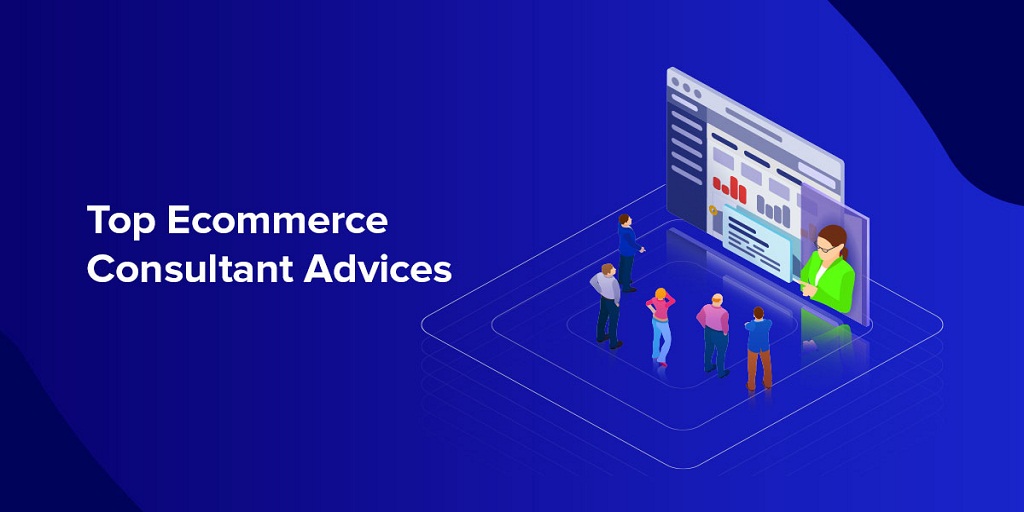Since Google plays its algorithms and other proprietary technologies extremely close to the vest, there’s little agreement over what works (and doesn’t) in digital marketing strategies.
Specifically, with respect to eCommerce search engine optimization, where Google core updates can seem to make or break organic rankings multiple times per year, it can be hard to dial in on just what is causing those changes.
Hence, it’s quite common for eCommerce SEO companies to disagree on what exactly is (or isn’t) a ranking factor, and just how pointedly it will affect an online store’s organic rankings.
However, there’s little disagreement among the best eCommerce consultants over these observations.
1. Content is a critical ranking factor
All things being equal, a website with quality long-form, SEO-optimized CMS and blog pages, and conversion-rate-optimized category and product pages, will rank much more effectively than one without them.
Duplicate content, thin, watery, unengaging content, and old, stale copy can all hurt both UX and SEO.
New, thorough, keyword-optimized content that answers a variety of user queries will help your eCommerce website’s pages rank and will improve your overall domain authority.
2. A quality link profile is a significant impactor of domain authority and organic rankings
It may be hard to generate backlinks, but the best eCommerce consultants agree, that a quality backlink profile is one of the keys to SEO.
Not just any links, either. Ideally, an eCommerce business should partner with bloggers, influencers, distributors, suppliers, and manufacturers, all of which should operate their own high-domain-authority websites, to trade for backlinks.
Backlinks from well-established websites with high domain authority and relevance will improve your website’s SEO and referral traffic, too.
3. Web page speed does not just affect user experience.
Most visitors to a web page will bounce if the page fails to load within three seconds. That’s all you need to know about how important page speed is for UX.
But page speed also strongly affects SEO. Google uses site speed – specifically page level speed – as a ranking signal to determine how organic rankings will be awarded.
4. Using “near me” as a keyword modifier is not an effective local SEO strategy
There’s been a movement recently to use “near me” as a modifier among keywords targeted in the course of an SEO campaign. More pointedly, some eCommerce SEO “experts” even advocate including them in GMB listings in the hopes of drawing attention from Google for relevant local searches.
Google has openly said this is an ineffective tactic and the best eCommerce consultants naturally agree. The evidence seems to indicate that Google looks at the IP addresses of searches involving “near” and related proximal keywords, before displaying the results.
Therefore the evidence suggests it’s the location of the IP, not whether or not the website contains keywords with “near me” modifiers.
5. Technical errors may not wreck the user experience, but they will make it hard for users to find a website
A visitor to your eCommerce website might never notice a crawler error or a broken link that prevents an important page from getting indexed.
But Google will notice, and there’s a better-than-good chance that rankings will respond in kind – negatively.
Crawler errors can cause pages to lose authority and ranking, making it all the more difficult for searchers to find you.
This is why most eCommerce business consultants assign “technical SEO” as its own independent pillar of SEO.
Hiring the Best eCommerce Consultants: Step by Step
Looking for the best eCommerce consulting services to assist you with business growth or other goals unique to your eCommerce store? Here are some things to look for:
● Hire an eCommerce consultant company that has many years of experience and has demonstrated success, such as through a client portfolio, case studies, or reviews.
● Partner with a full-service agency that offers the specialties your business needs. For instance, if you work with a consulting firm for SEO, look for one that offers supporting marketing campaigns or digital strategies, such as social media marketing, email marketing, or content marketing.
● Choose a consultant that offers supporting design and development services as well, which can help boost your user experiences – such as mobile app development, migration services, or web design.
● Check reviews online and dig deep into them to learn more about real customer experiences.
● Finally, choose a consultant that is familiar not only with your industry but also with your eCommerce platform.
We recommend starting your search for an eCommerce consultant by investigating Genius eCommerce (GeniusEcommerce.com).
They have several years of experience serving eCommerce clients in many different industries and they specialize in a wide range of digital marketing services, including but not limited to SEO, PPC, email marketing, social media management, and content marketing.
Visit their website to learn more about their services.



